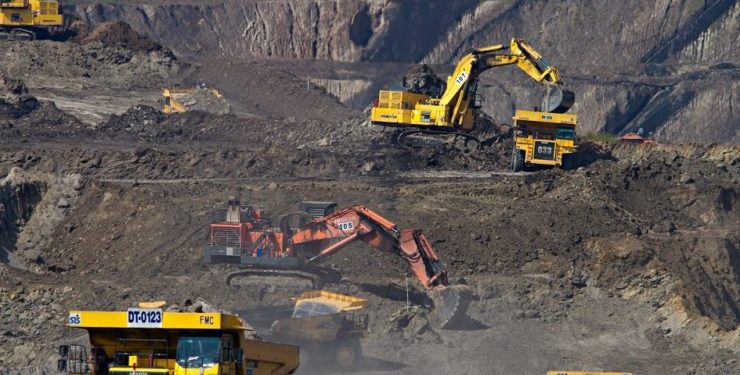More foreign investment in mining coming to Nigeria
Nigeria’s government said it sees a jump in foreign direct investment in the mining industry as President Bola Tinubu’s government revamps the regulatory framework.
The West African nation plans to tighten rules to reduce the export of raw minerals and encourage the shipment of processed products, a move aimed at creating jobs and boosting the value of its exports, according to Dele Alake, the minister for solid minerals.
The ministry has received “tremendous interest from foreign direct investors,” Finance Minister Wale Edun said at the Nigerian Economic Summit in the capital, Abuja. “We expect some of that to come to fruition.”
Still, previous Nigerian governments have unsuccessfully tried to revive the mining and quarrying industry. A decade ago, then-President Goodluck Jonathan’s administration set a target of boosting mining’s contribution to gross domestic product to 3% by 2015. The sector accounted for just 0.2% of output last year, according to PwC.
Tinubu’s Government to Raise $11.1 billion of Debt
Nigeria’s government plans to raise 9 trillion naira ($11.1 billion) of debt to help fund next year’s budget, said Ben Akabueze, the head of the budget office.
“We are going to spend 26 trillion and we are looking to raise 17 trillion in revenue and the balance in debt,” Akabueze said in an interview on Monday.
Details of the 2024 budget proposals will be presented to lawmakers by the middle of November, he said.
Nigerian Sees $10 Billion of Inflows in Weeks
Nigeria expects to receive $10 billion of inflows in the coming weeks that will help ease a liquidity crunch weighing on the naira.
The government has a “line of sight” on the inflows into the country “in weeks rather than months,” Edun said at the summit. The funds are expected to come from several sources, including foreign direct investment and sovereign wealth funds, he said later.
The naira slid about 4% against the dollar on Monday amid insatiable demand for the greenback. The decline came days after the central bank ended curbs on using dollars to buy dozens of imported items, and at a time of the year that typically sees Nigerians making payments for tuition at foreign schools and universities.
Read More: Nigeria Sees $10 Billion Inflows Easing Forex Liquidity Crunch
Nigeria Mulls Outlawing Parallel FX Market
Nigerian authorities plan to broaden the official foreign-exchange market as a step toward outlawing the parallel market, a senior member of President Tinubu’s administration said.
The central bank plans to allow other participants including bureaux de change and financial-technology companies that provide mobile-money services, Taiwo Oyedele, chairman of the presidential committee on fiscal policy and tax reforms, said.
Once the official market has been expanded, the parallel market will be turned into “a black market, which is just for illicits and speculators,” Oyedele said.









